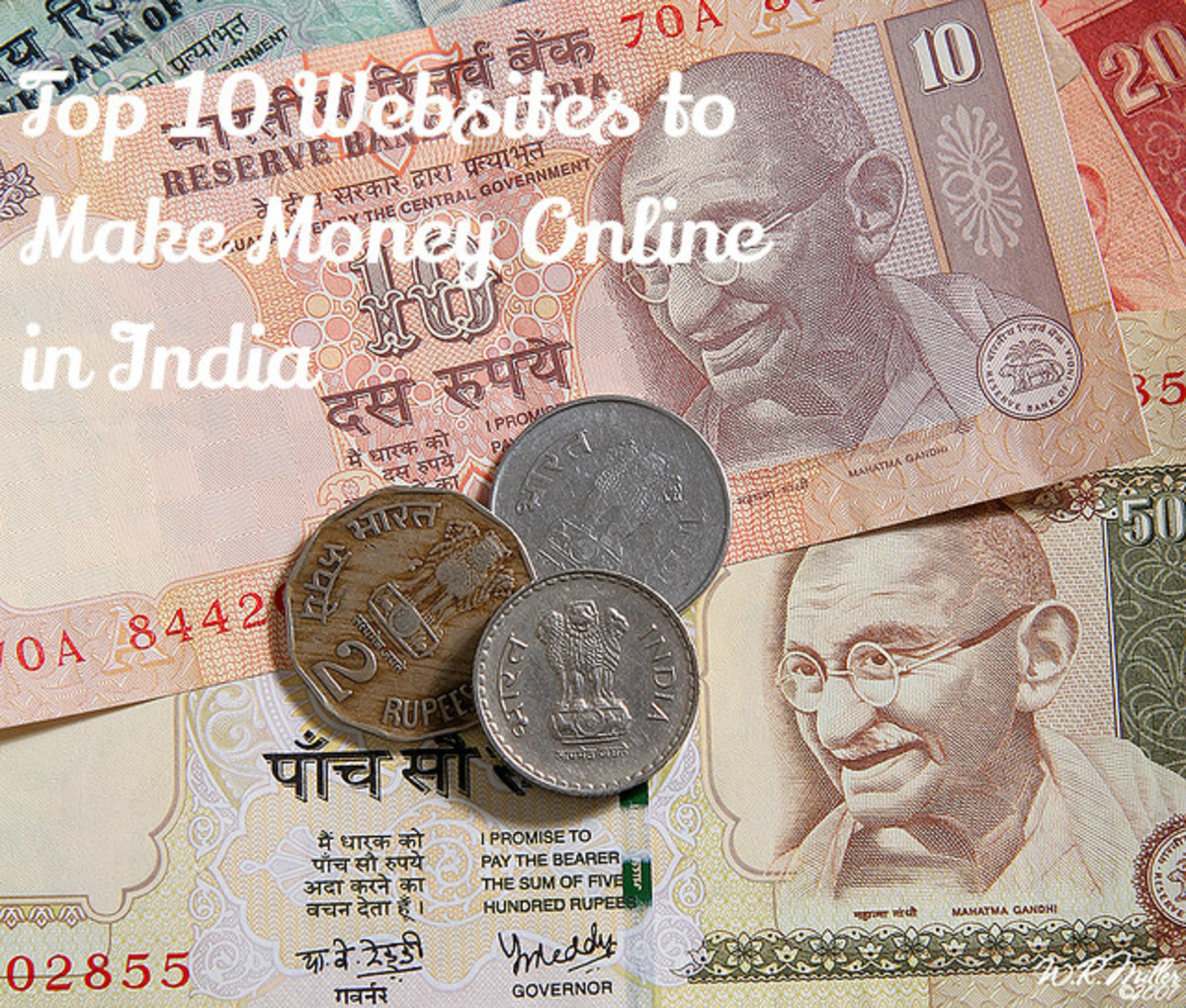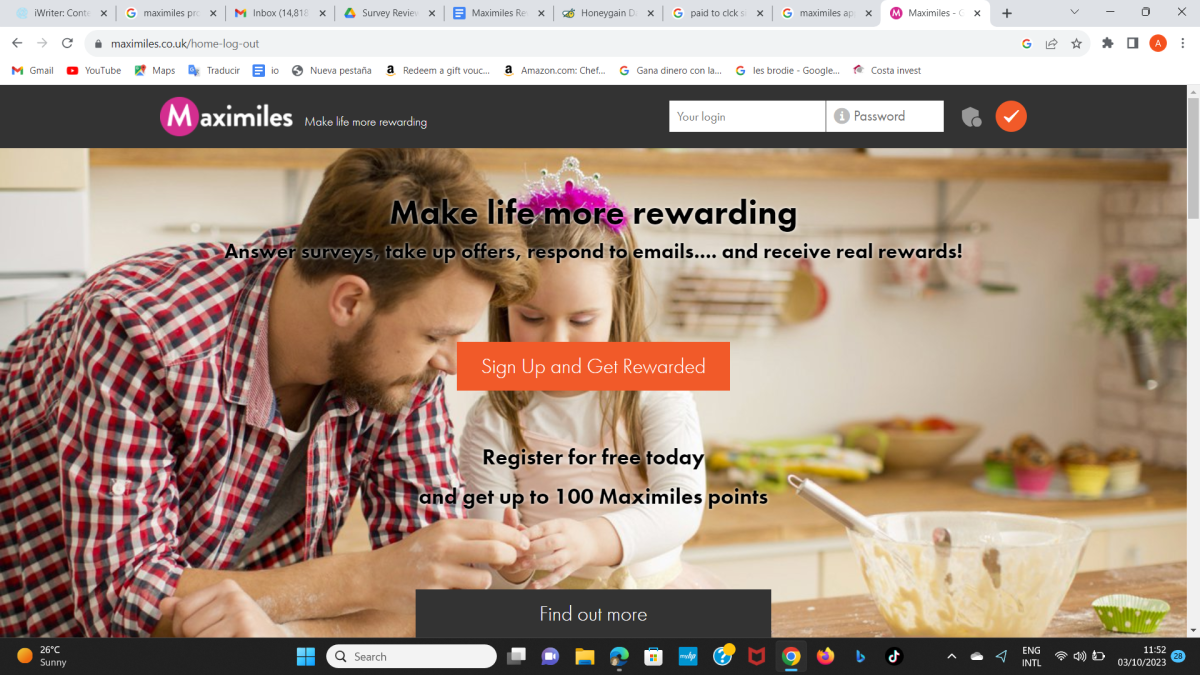Blogging and Niche Marketing
Blogging - A New National Passtime

Is Finding Your Niche Important?
Blogging has become a national pastime. The term weblog was coined by Jorn Barger in 1997 A couple of years later a guy named Peter Merholz shortened it to blog. A blog consists of articles called posts, and the subject can be anything that the writer wants to write about. A person who writes blogs is a blogger, and the act of writing blog posts is called blogging.
This article is about blogging and questions a lot of conventional wisdom about finding a niche for yourself. A niche, as used here, is defined as "a situation or activity specially suited to a person's interests, abilities, or nature."
Anybody can create a blog. Some writers blog because they just love to post articles about things they find interesting. If a thought pops into your head, go ahead and write a blog post on it. Some people blog to call attention to themselves or their organization as an authority on a subject, and hence use blogging as a marketing tool known as blog marketing. Whether working in a niche or writing as a generalist, the key is this: content is king.
Should you "Find Your Niche"? It Depends on Why You're Blogging.
Anyone who has a blog or writes online on sites such as HubPages or Squidoo, is besieged by emails promising vast riches from the Internet. All you have to do, so these sites promise, is to find a niche and blog like crazy in that niche. Overnight, we are told, we can become "Internet millionaires." Who knew? Find a niche and others in that niche will seek you out. Concentrate your focus and success is at your doorstep. Now, to be sure, there are a lot of well written and highly informative articles and blog posts that advocate niche marketing. The idea of narrowing your focus is not, in and of itself, a bad idea. The problem with this idea is that it is touted as the basic principle for creating a blog. If you narrow your focus you will become a brand. Maybe.
Are You a Writer? Do You Love to Write for the Sheer Pleasure of the Activity?
Anyone who has been around for a few years has picked up a lot of information on a wide range of topics. Any writer will tell you that, as they begin to write, they are amazed at the amount of knowledge that they draw out of their own experiences. Writers love this experience and that's why they keep writing. Should such a person "find a niche"? Let's look at a few attributes of writers who write for the joy of it, which by no means excludes the idea of making money from writing.
· You have experience in a wide range of interests and disciplines.
· You enjoy writing about all of your experiences, not just one or two.
· You are less interested in creating a brand for yourself as an expert than as a writer who knows how to engage the audience on any topic.
· You get bored writing about just one thing.
Do you write for a focused niche?
If the attributes above describe you, it may be a waste of time trying to find that holy grail of Internet marketers - the niche. This does not mean that you can't make money. Once you have a following of people who enjoy reading what you have to say, you will find that your niche is "good writer." Joe Nocera, for example, a columnist for the New York Times, writes on a wide array of subjects from politics to the intricacies of college sports. I read him, as do many others, because I know I will be treated to excellent well researched information set forth in a readable column. George Will, the nationally syndicated columnist, is mainly known for his articles on politics, but he also writes about baseball, family, human events and just about anything that pops into his head. No matter what he writes about, I love reading his work. The same goes for bloggers. There are some blogs I will read because I know they will be well written and informative.
Using a blog to build a brand
Who Should Write for a Niche?
There are bloggers who concentrate on a narrow area, a niche, and do quite well. They are often recognized experts on their area and are recognized as such. Question, how many of these folks already possessed a branded niche before they started blogging? There's no way to answer that question, but I would wager that most recognized niche bloggers were already recognized, and emphasize it in their biographies. Here are just a few examples of bloggers who write within a narrowly defined niche, and are smart to do so.
· You're an intellectual property lawyer and you write a blog all about patent, trademark and copyright law aimed at fellow lawyers in the hope that they will refer cases to you. This niche makes sense.
· You run a auto supply company that specializes in hard to find auto parts. You decide to write a blog on this subject alone and target car collectors. This is intelligent niche marketing.
· You have just started a website design business. With so much competition out there, you decide to write a blog and give away tons of valuable information to people, thereby establishing yourself as an expert.
· You're an independent book editor. To establish yourself, besides your biography, you create a blog with writing tips.
The above examples are all about branding. If you're looking to establish yourself as a brand, other than just as a writer, a niche is a must.

Content is King Whether You Have a Niche or Not
Google has driven a lot of internet marketers and bloggers crazy with its tweaking of its search algorithm. The reason Google keeps changing its search algorithm is because so many Internet marketers, as well as bloggers, have learned how to game the system. Google began with a simple mission and it hasn't changed: to provide RELEVANT search results. To the extent the searcher is delivered irrelevant crap because some enterprising dweeb tried to fool the system by creating tons of nonsense websites laden with popular search terms, is the extent to which the searcher will lose faith in Google.
To get started blogging your best bet is to get a free blogsite at wordpress.org. Caution, take some time to learn how to use Wordpress. It's amazing software but it comes with a learning curve. If you are new to writing or haven't written in a long time, take a refresher course online. Proofread and amend your post before you make it live. You do not want to be typecast as a person who can't express ideas in writing, no matter how good they are.
Copyright ©2012 by Russell F. Moran








